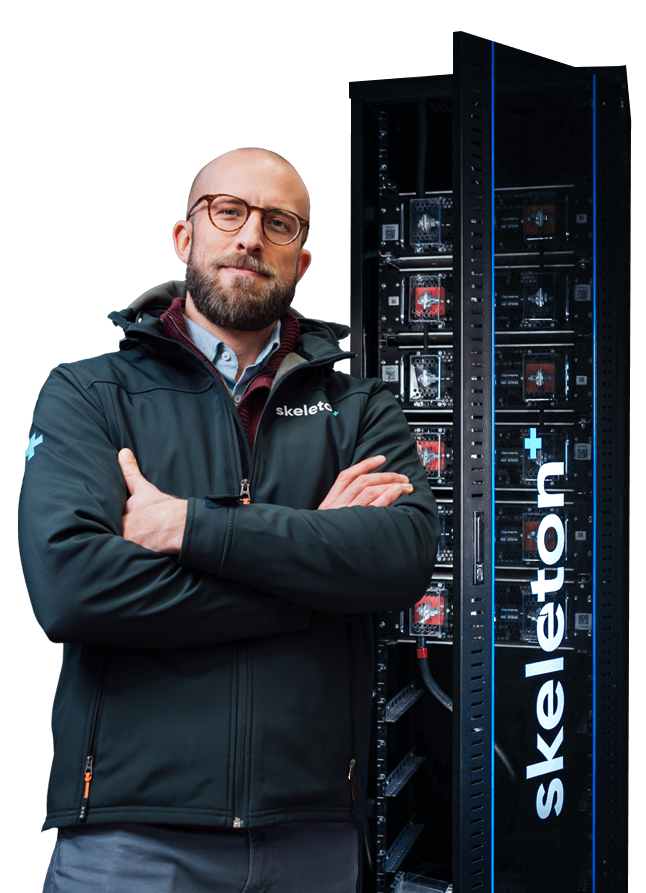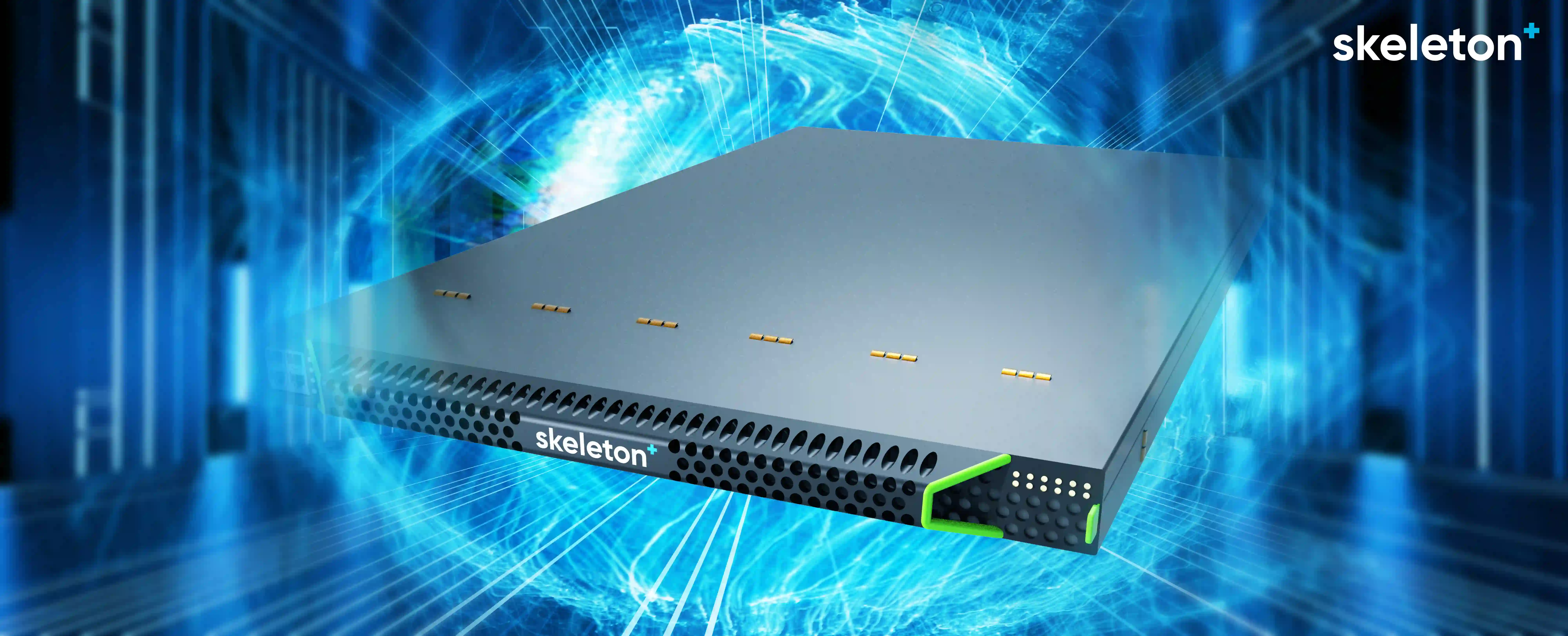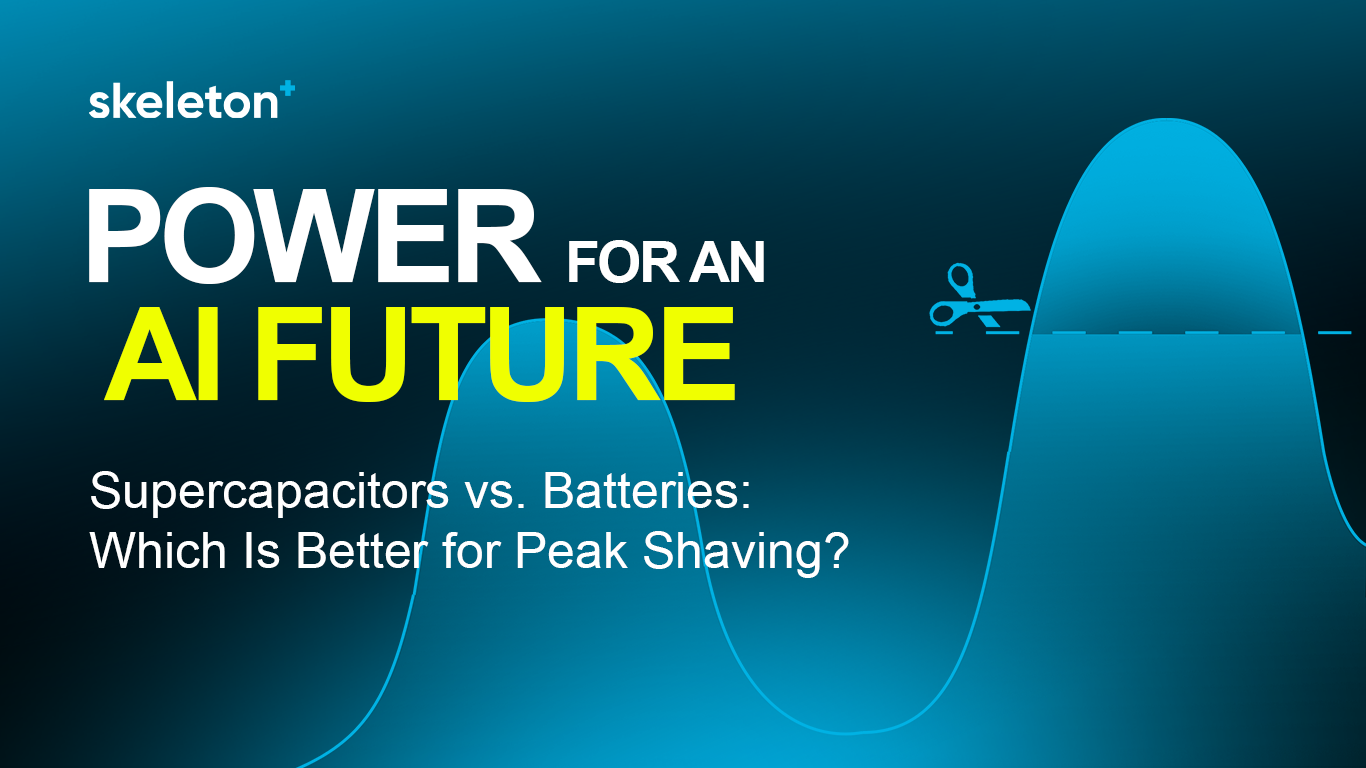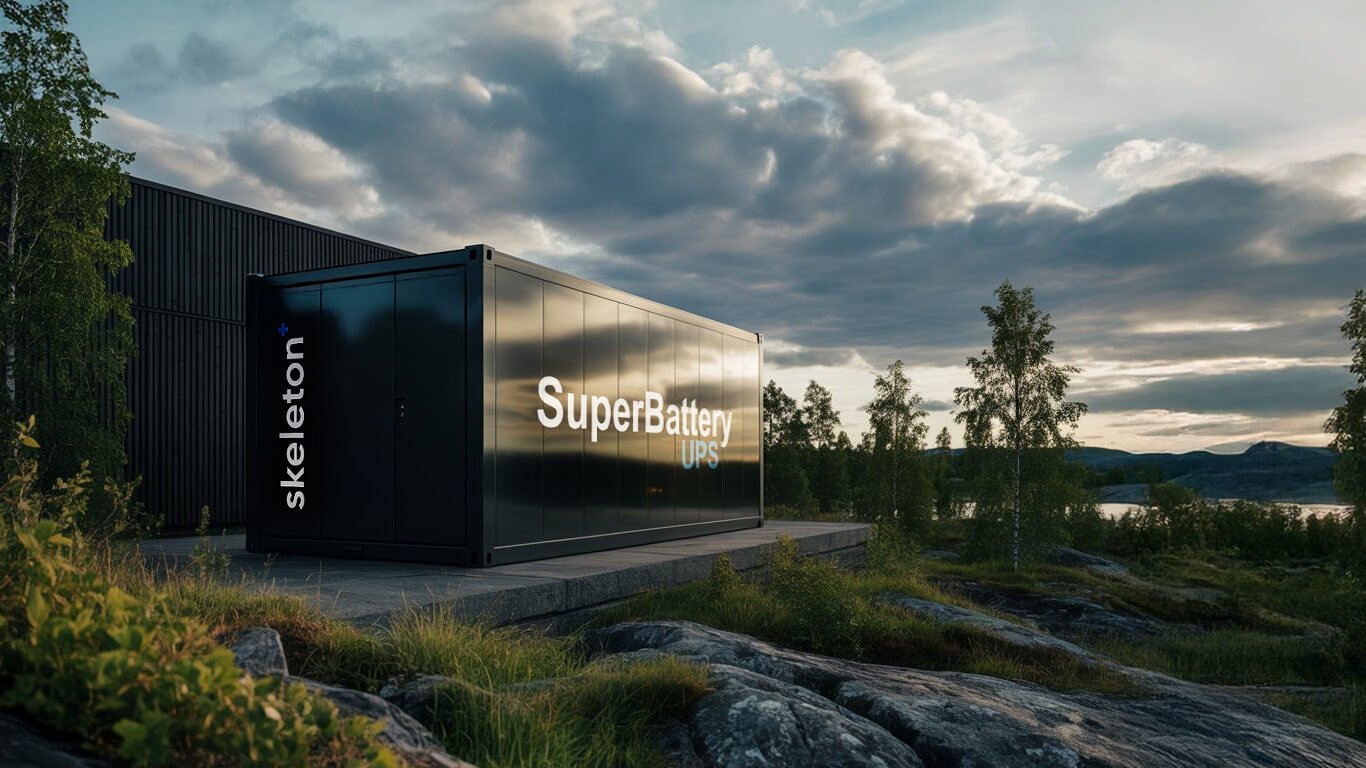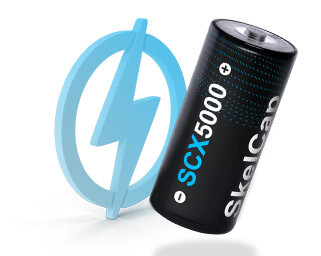
Dr. Öznil Budak, Anode Scientist: SuperBattery Technology Addresses Critical Energy Storage Needs
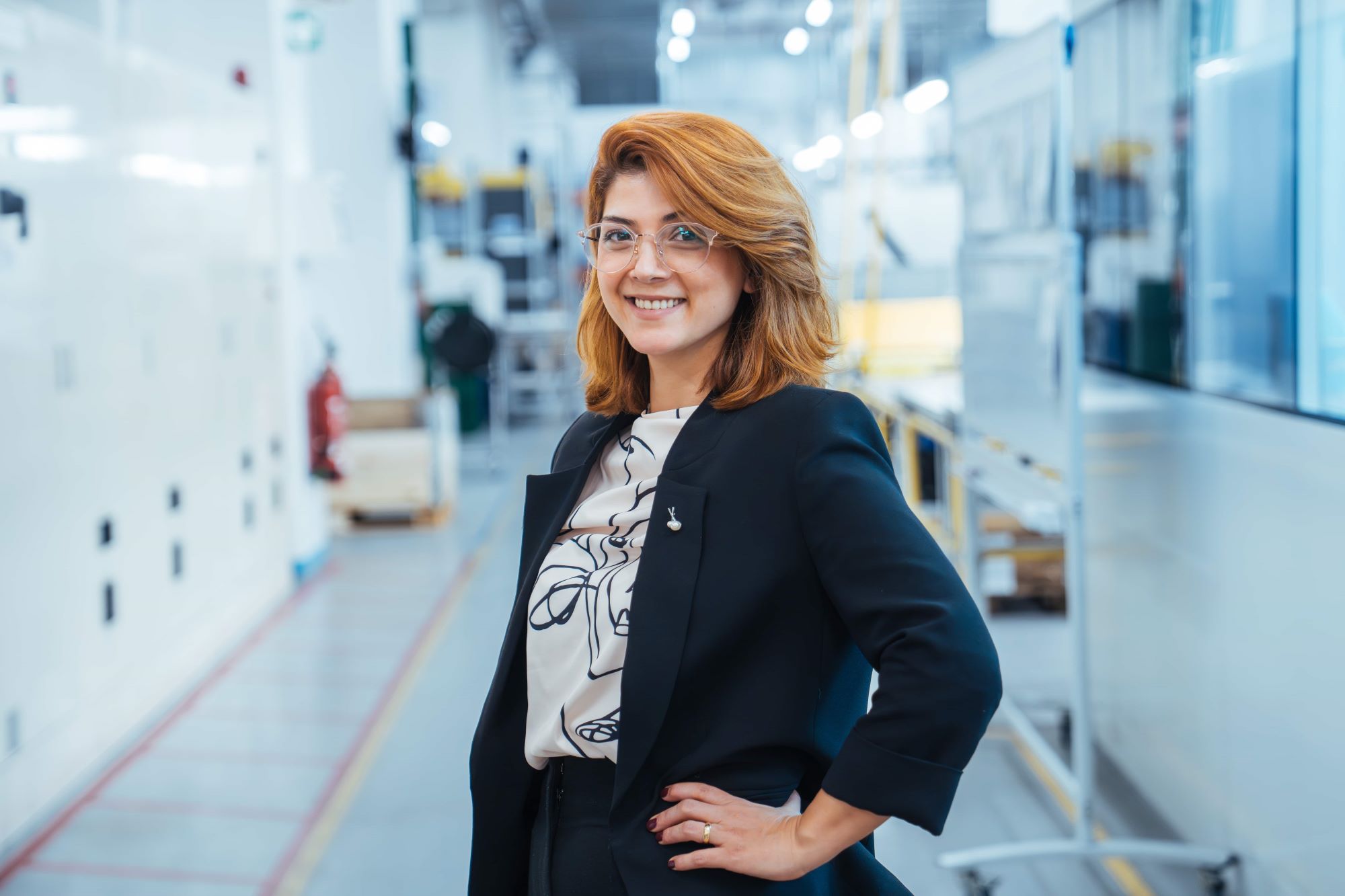
Dr Öznil Budak is one of the central figures in our SuperBattery development team, integrating the strengths of lithium-ion batteries and supercapacitors. Transitioning from academia to industry to amplify her impact in sustainable energy transformation, she embodies a professional ethos of pushing boundaries with the mantra, 'If you never fail, you never tried.'
Tell us about your background.
My academic journey has been shaped by a passion for materials science and engineering, particularly in the field of lithium- and sodium-ion batteries. Each stage has been a step forward in my quest to contribute significantly to the field of energy storage.
I am originally from Tekirdağ, Turkey. During my undergraduate studies at Yildiz Technical University in chemical engineering, I embarked on a journey to understand the global energy landscape, with a particular focus on the challenges of transitioning to renewable energy. This exploration led to my realization that energy storage is the linchpin in achieving a seamless transition to a sustainable future. Motivated by this insight, I seized the opportunity to intern at the Karlsruhe Institute of Technology's (KIT) Institute of Applied Materials - Energy Storage Systems. This experience was a turning point, solidifying my passion and commitment to the field.
In my subsequent Master's research at KIT, I delved into the spinel cathode materials for lithium-ion batteries. This allowed me to gain a comprehensive perspective on both anode and cathode components of lithium-ion battery technology, enriching my understanding and expertise. I completed my Ph.D. in Materials Science and Engineering at Saarland University, in collaboration with the Leibniz Institute for New Materials in Saarbrücken, Germany.
My doctoral research centered on advancing lithium-ion battery technology, specifically targeting metal oxide/carbon hybrid anode materials. The innovative synthesis approaches I developed during this period led to a notable improvement in the electrochemical performance of these materials compared to conventional electrodes.
What motivated you to join Skeleton?
In essence, joining the SuperBattery development team allows me to contribute to a solution that fills a critical gap in the industrial landscape for energy storage systems.
I transitioned from academia to industry to accelerate and maximize my impact in the realm of sustainable energy transformation. Academia offers a strong foundation for research and theory, but I saw the industry as a more effective platform for quickly turning these ideas into tangible solutions.
My career has been guided by a strong interest in advancing sustainable solutions, and the mission of the SuperBattery team matched my aspirations. The unique positioning of SuperBattery technology, bridging the gap between traditional lithium-ion batteries and supercapacitors, represents an exciting frontier in energy storage.
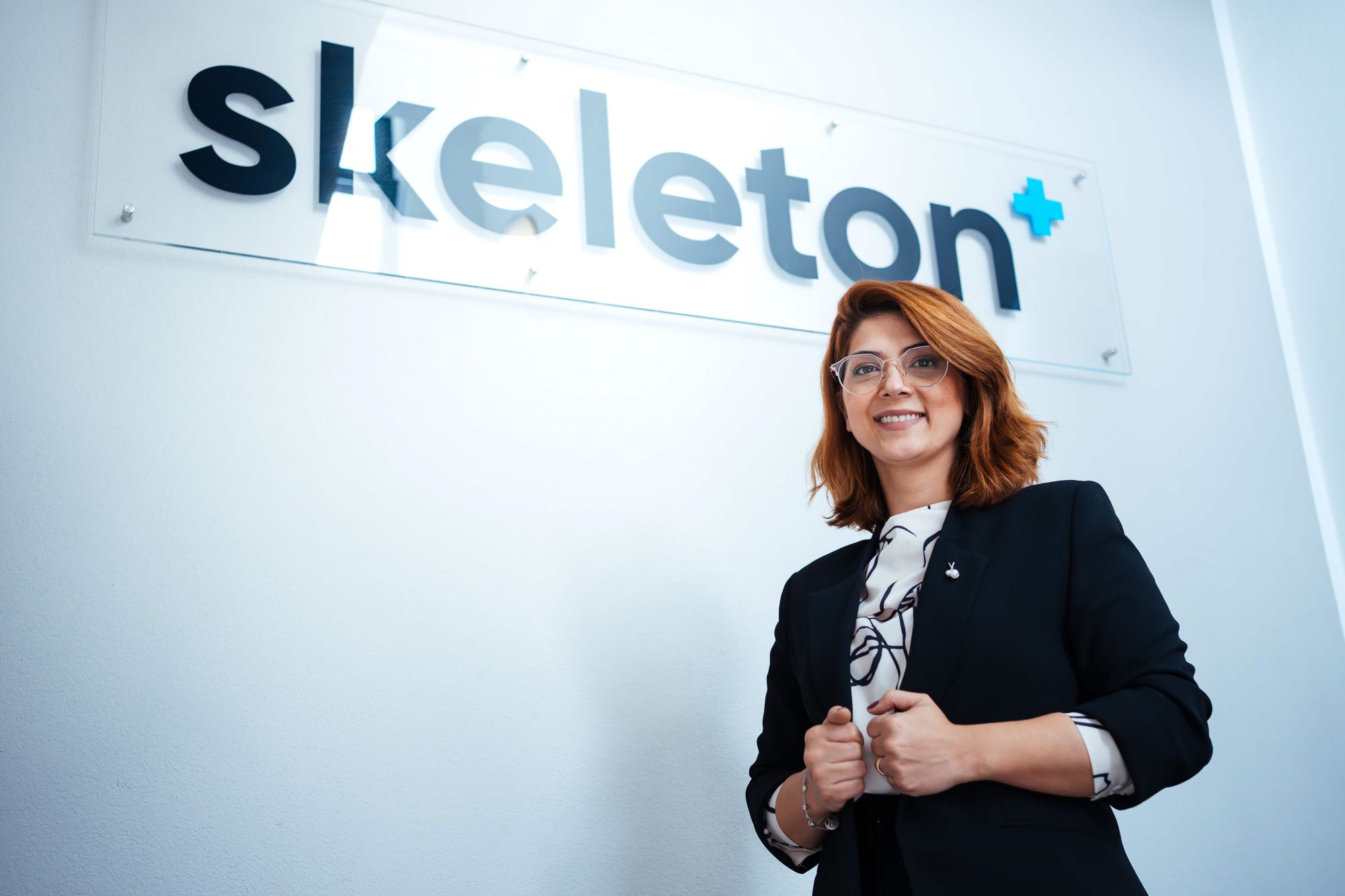
Why have you chosen the anode as your professional focus?
I approach my work on the anode with a holistic view of battery systems. A battery functions as an intricate and interdependent system where each component plays a crucial role. My focus on the anode stems not from a particular preference, but from an understanding of the collaborative dynamics needed for peak battery performance.
I view the battery as a team, where every element has its unique function and a failure in one component can impact the entire system. In exploring the details of the anode, my goal is to deepen our overall understanding of battery systems. This approach allows me to appreciate the interconnectedness of components and how improvements at the anode level can positively influence the overall performance and reliability of the battery. That is also why I work closely with Dr. Pattarachai Srimuk, our senior scientist and cell designer on the overall electrochemical package.
What aspects of your involvement with SuperBattery do you find particularly rewarding?
The most exhilarating and fulfilling parts stem from the dynamic and impactful aspects of my role. Having the opportunity to strategically plan and execute Design of Experiments (DoE) is particularly thrilling. It allows me to innovate and optimize our anode materials, pushing the boundaries of performance. Additionally, the process of ensuring the manufacturability of our chosen anode recipe and electrochemical package, translating it into electrodes and subsequently into cells, is very satisfying and rewarding.
What are some professional achievements you've attained at Skeleton that you're particularly proud of?
One notable achievement that stands out during my tenure at Skeleton is the successful increase in anode electrode density for the SuperBattery. Through focused efforts and strategic enhancements, we were able to surpass the target. However, this is not only my achievement but an accomplishment that reflects our entire team's commitment to pushing the boundaries of SuperBattery technology.
Is there a particular quote or mantra that inspires you in your professional life?
My mantra in my professional life is ‘If you never fail, you never tried.’ What does it mean to me? In essence, the phrase is a reminder that a life lived without failure often means staying within the boundaries of the known and the comfortable. By contrast, taking risks, trying new things, and inevitably encountering failures is a path of growth, self-discovery, and the pursuit of one's full potential. It encourages a mindset that sees failure not as a roadblock but as a stepping stone on the journey toward success.
